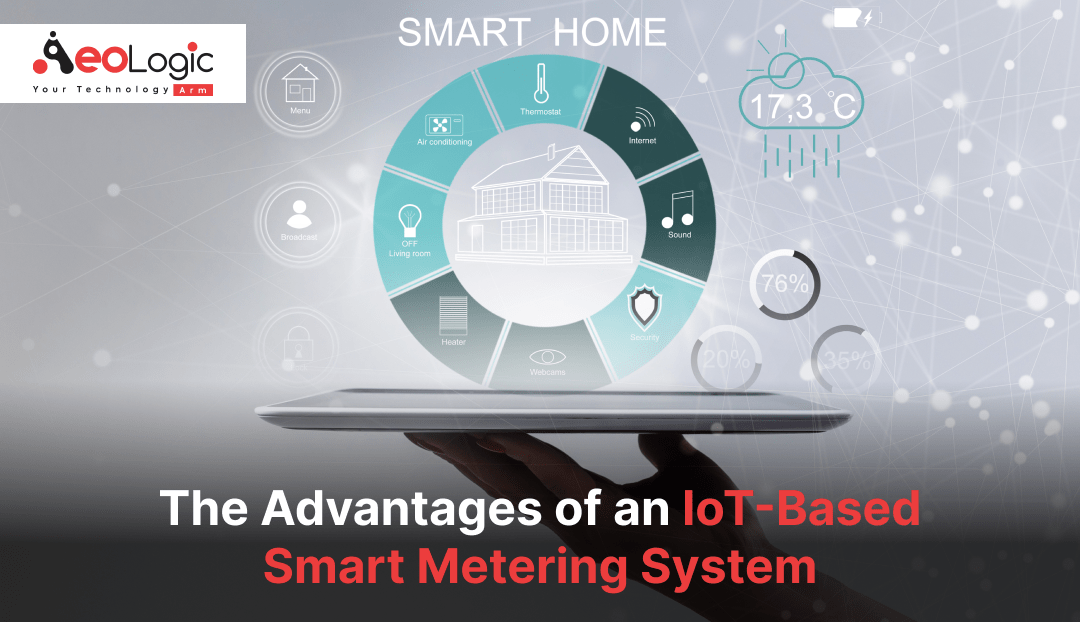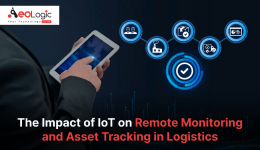In this large world, the population is increasing every second at a faster rate. But resources and energies are in limited amounts and reducing every day. This is a grave concern when establishing a well-modern energy management system. The three most useful and important energy sources are electricity, gas, and water. It is our responsibility to use these resources or energies in those manner that now waste and also distribute to everyone.
Overview
The metering system is a well-known system that is implemented to find out the energy consumption amount and to bind a person to a limit to the use of that particular energy. This was a good system and today there are millions of houses, organizations, and places where this system has been implemented. The term “metering system” refers to all meters and metering equipment (such as current and potential transformers) that the company installs and uses to measure the amount of gas, water, or electricity that it delivers.
But for today’s world, only a metering system is not enough as it is required to be a smart metering system. People are smart and have found a way to cheat the conventional metering system so this is why we are talking about smart metering systems. Generally, Digital meters known as “smart meters” track and log energy, gas, and water usage in real time and send the data to utility companies. Smart meters are turning into a necessary instrument for contemporary energy management quickly. The global smart meters market size was USD 29.77 billion in 2023, calculated at USD 32.57 billion in 2024, and is expected to reach around USD 79.97 billion by 2034, expanding at a CAGR of 9.4% from 2024 to 2034.
IoT solutions have been introduced to enhance the smart metering system. This technology has immense capability to enhance the smart metering system and saves much as much energy with proper utilization. There are many ways that an IoT-based smart metering system can serve as it can enable real-time monitoring, and real-time data access for consumers, which promotes informed energy and water usage. This system has the potential to improve operational efficiency for utilities and guarantees proper invoicing by decreasing manual errors with demand forecasting and remote monitoring.
In this article, we will see the role of IoT in enhancing the smart metering system. We will also see other details like advantages, challenges, etc. In the end, we will make a brief conclusion on the whole discussion.
What Is An IoT-Based Smart Metering System?
IoT-based smart metering refers to the use of modern or advanced metering equipment that is linked to the Internet via Internet of Things (IoT) technology to monitor the usage of resources, such as energy, water, gas, etc. This can have various benefits for the energy-providing organization as well as for consumers. The system supports renewable energy and optimizes resource management to assist environmental initiatives while providing benefits to consumers by providing alerts regarding unexpected or more than limited usage. All things considered, it promotes greater interaction and openness and saves money for utility companies as well as users.
Also Read: The Role of Technology in Sustainable Development
Advantages of An IoT-Based Smart Metering System
There are a lot of advantages of the IoT-based smart metering system as here are a few key advantages mentioned below.
#1. Real-Time Data Access
Real-time data access is a very beneficial aspect of IoT in smart metering as this allows monitoring the consumption of energy in real-time. With the conventional metering system, this cannot measure consumption in real-time. Real-time data access allows users to know about usage patterns and encourages them to modify their behavior to save energy.
#2. Accurate Billing
A few years back when there was no metering system, then companies that provided energy took a fixed charge or manual reading despite low usage or high usage from the users. As they do not have any metering system to show the transparency. Now with the IoT-based smart metering, The human inaccuracy that comes with manual readings is reduced with automated data collection. Customers can view comprehensive consumption statistics, which results in more precise and clear charging.
#3. Improves Customer Engagement
With the advancement in technology, IoT-based smart metering systems are not limited to meters. It can also connect to different applications in smartphones that improve customer engagement towards energy consumption. IoT-based smart metering enables customers to manage their usage with the help of mobile apps and dashboards, which offer tools and insights. Alerts concerning anomalous consumption or possible problems can be sent to customers, improving communication.
#4. Fraud Detection
Before the smart metering system, there were many frauds to steal energy from illegal sources. With the conventional metering system, there was still fraud but could not be detected easily. With the IoT-based smart metering system, it is possible to detect any unusual pattern in energy consumption. This enables organizations to take immediate action and save energy from illegal usage.
#5. Sustainability
The establishment of sustainability is very important while it is about energy consumption. But if there is no smart metering system to measure the usage then energy cannot optimize and sustainability cannot gain too. With the IoT-based smart metering system, it is possible to assist with environmental sustainability objectives by integrating renewable energy sources and maximizing resource utilization.
Also Read: Why Energy Monitoring Systems Are a Game Changer for Business
Challenges With An IoT-Based Smart Metering System
We have seen a lot of benefits of an IoT-based smart metering system but there are a few potential challenges too. Here are a few challenges mentioned below.
- Integrating with existing systems can be a big challenge as it can be difficult and expensive to upgrade outdated systems to accept modern technology.
- Initial implementation cost could be an issue as it needs a big capital to implement data management systems, communication networks, and smart meters.
- IoT generally works with internet connectivity so it could be an issue with bad internet connectivity areas. It is imperative to provide dependable and regular data transfer, particularly in those regions.
Why choose Aeologic for your IoT-based Smart Metering System?
We offer reliable, easy-to-use solutions that help you track and manage energy usage in real time. Our system helps reduce costs by making energy management smarter and more efficient. We work with you every step of the way to customize solutions that fit your needs. Plus, our expert support ensures everything runs smoothly.
With Aeologic, you’re not just getting a system, you’re getting a partner dedicated to improving your operations. Choose us for smart, affordable, and hassle-free energy management.
Let’s make your energy usage smarter together!
Also Read: IoT-Based Safety Monitoring System For Construction Workers
Final Thoughts
Smart metering systems based on the Internet of Things (IoT) are a major development in resource management, providing precise invoicing, real-time monitoring, and increased operational efficiency for both consumers and utilities. Through the integration of renewable energy sources and the optimization of resource utilization, they establish sustainability.
We have seen some key advantages and some potential challenges too. But with the passing of time and advancement, these challenges will surely be overcome. Overall, the IoT-based smart metering system has the potential to contribute to a more efficient and sustainable future in energy management.






